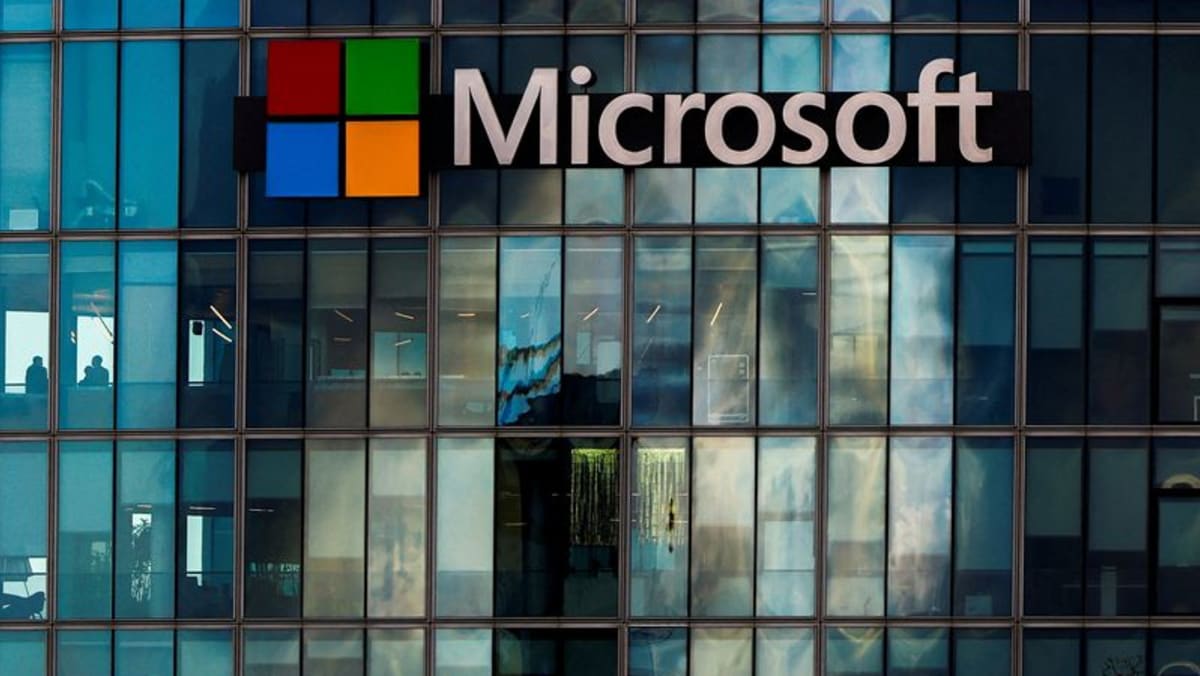Microsoft investors head into Wednesday’s earnings with one big question: is the company’s artificial intelligence edge at risk as partner OpenAI turns to rivals Google, Oracle and CoreWeave for cloud services?
Exclusive licensing deals and access to OpenAI’s cutting-edge models have made Microsoft one of the biggest winners of the generative AI boom, fueling growth in its Azure cloud business and pushing its market value toward $4 trillion.
In the April-June quarter, the tie-up is expected to have driven a 34.8 per cent increase in Azure revenue, in line with the company’s forecast and higher than the 33 per cent rise in the previous three months, according to data from Visible Alpha.
But that deal is being renegotiated as OpenAI eyes a public listing, with media reports suggesting a deadlock over how much access Microsoft will retain to ChatGPT maker’s technology and its stake if OpenAI converts into a public-benefit corporation.
The conversion cannot proceed without Microsoft’s sign-off and is crucial for a $40 billion funding round led by Japanese conglomerate SoftBank Group, $20 billion of which is contingent on the restructuring being completed by the end of the year.
OpenAI, which recently deepened its Oracle tie-up with a planned 4.5 gigawatts data center capacity, has also added Google Cloud among its suppliers for computing capacity.
UBS analysts said investor views on the Microsoft–OpenAI partnership are divided, though the software giant holds an upper hand. “Microsoft’s leadership earned enough credibility … such that the company will end up negotiating terms that will be in the interest of its shareholders,” the analysts said.
Some of that confidence is reflected in the company’s stock price, which has risen by more than a fifth so far this year.
In the April-June period, Microsoft’s fiscal fourth quarter, the company likely benefited from a weaker dollar, stronger non-AI Azure demand and PC makers pulling forward orders for its Windows products ahead of possible U.S. tariffs.
Revenue is expected to have risen 14 per cent to $73.81 billion, according to data compiled by LSEG, its best growth in three quarters.
Profit is estimated to have increased 14.2 per cent to $25.16 billion, slightly slower than the previous quarter as operating costs rose.
Capital spending will also be in focus after rival Alphabet raised its annual outlay by $10 billion last week. Microsoft has repeatedly said it remains capacity constrained on AI, and in April signaled continued growth in capex after planned spending of over $80 billion last fiscal year, though at a slower pace and on shorter-lived assets such as AI chips.
Dan Morgan, senior portfolio manager at Synovus Trust who owns Microsoft shares, said the spending has been paying off.
“Investors may still be underestimating the potential for Microsoft’s AI business to drive durable consumption growth in the agentic AI era.”
